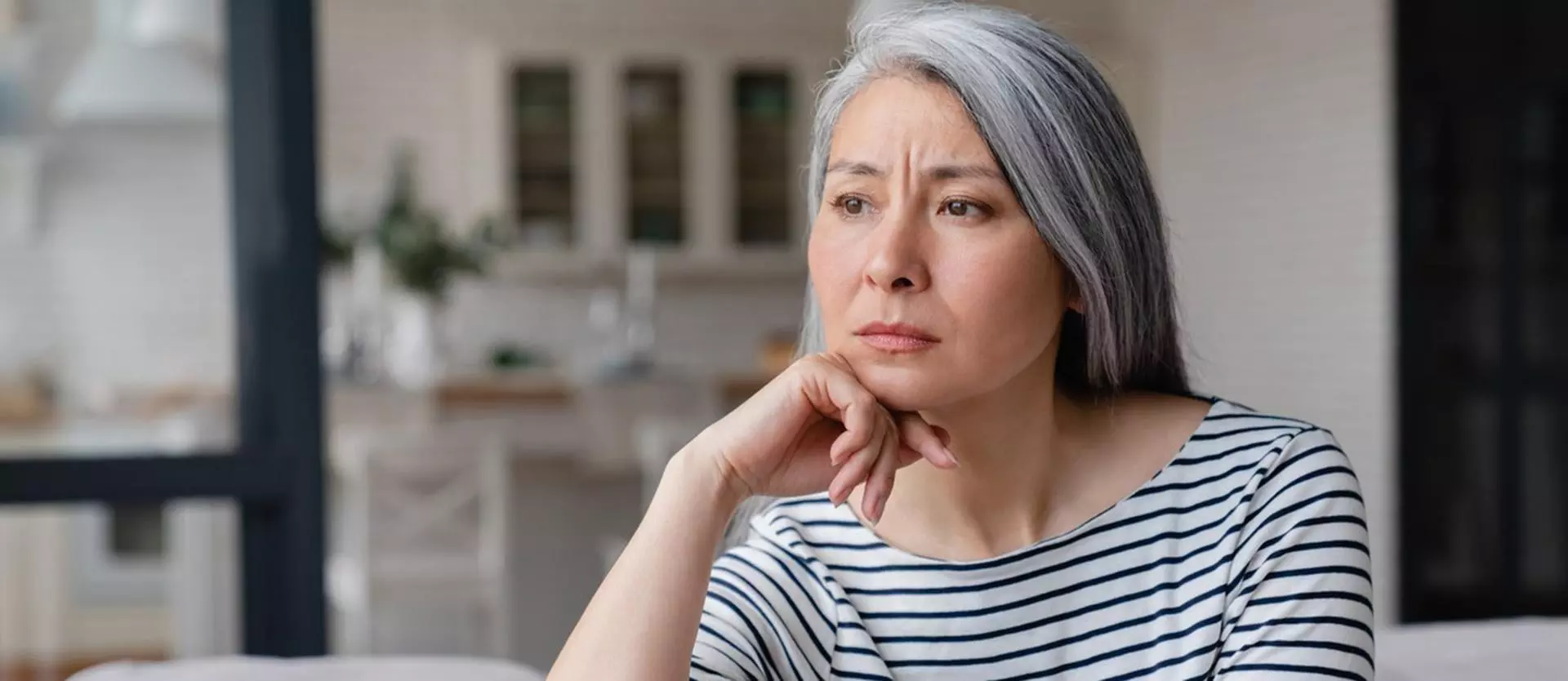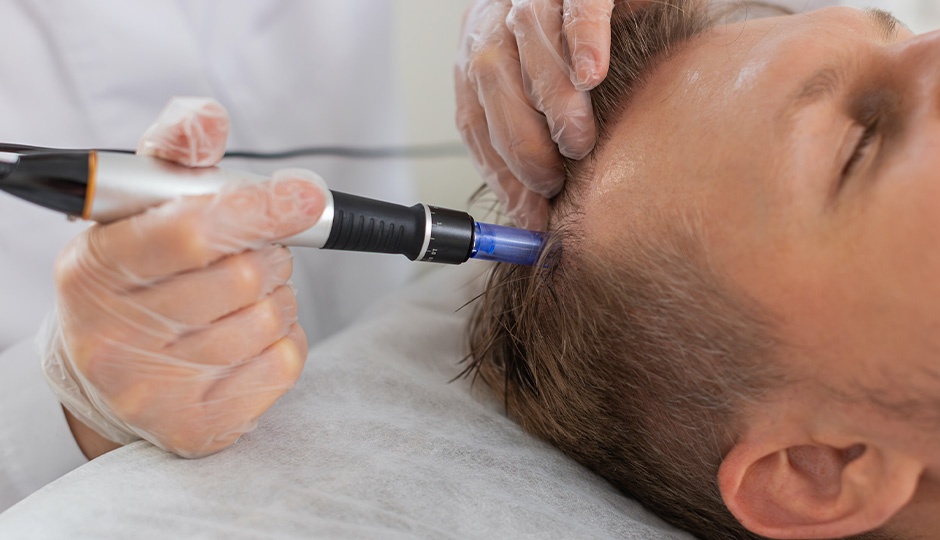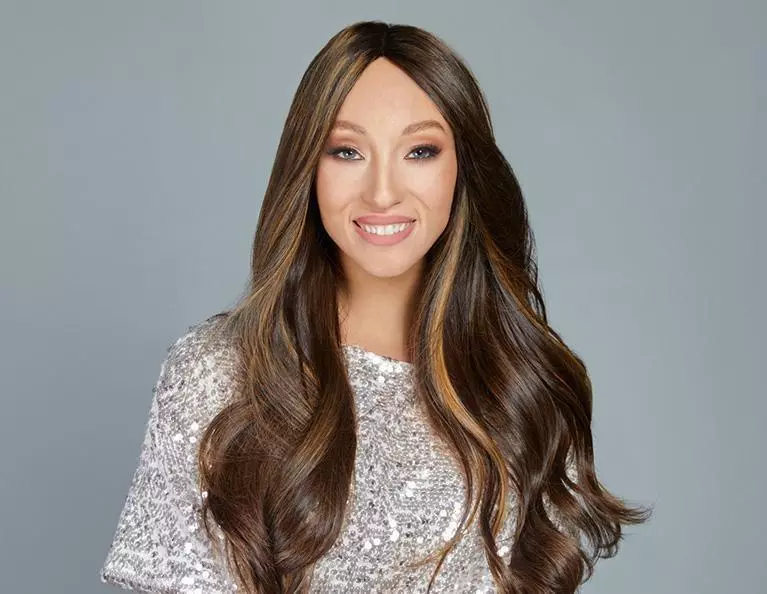Going through menopause can be a challenge for many women. It’s a typical part of the biological process that most women experience at some point. When it happens, the body sees numerous changes as hormone levels adjust to move beyond the child-bearing years. Often, menopause changes cause a number of complications – insomnia, mood swings, and hot flashes being some of the most common. However, for many women, hair loss is also a part of the process. Understanding why it is happening may help you to correct it or, in some cases, prevent it from occurring.
Why Do Women Lose Hair During Menopause?
Hair loss in women during menopause tends to be less obvious than when men lose their hair. Instead of a specific area of baldness developing, many women lose strands throughout their head, leading to more of a thinning rather than balding. When this happens, women may notice they are losing more hair daily than normal. They may feel like their hair is finer and thinner. It is possible larger clumps of hair can fall out and become obvious when showering or brushing.
All of this occurs, typically, as a result of hormone imbalance. As noted, menopause causes hormone changes that impact various parts of the body. Most of the time, this involves a lower amount of progesterone and estrogen present in the body. When these hormones are present, they encourage the faster growth and health of the hair. Over time during menopause, this slows down because there is less hormone present.
When these hormones drop, there is also a triggering of the production of androgens. This is a type of male hormone that causes the hair follicles – the long shafts where hair grows – to shrink in size. That leads to hair loss as well.
Could It Be Something Else?
Most of the time, when hair loss starts occurring during menopause, it is typically related to hormone changes. However, other factors can also contribute to this. That includes an increased amount of stress present. Some women may experience hair loss if they are also battling a medical condition during this time. Some medications may also lead to hair thinning.
To find out what is really happening, work with your doctor. A simple blood test can typically reveal a great deal of information about what’s happening and why. It can also help to determine how well your hormone levels are balanced and, if it is not related to hormones, what underlying conditions may be causing your hair loss.
Can You Prevent Hair Loss During Menopause?
For women who are just entering menopause, there may be several things you can do to help minimize the hair loss you may have. There is no way to eliminate these needs, but it may be possible to reduce some of the risks by doing the following.
Eat a Healthy Diet
Most of the time, nutrients are at the heart of hair growth. A lack of them leads to hair loss. Give your body a diet rich in vegetables, lean meats, and fruits of all assorted colors.
Reduce Stress Levels
As noted, stress is a big reason many women see hair thinning. This, coupled with menopause, may heighten the amount of hair loss you have. While hard to do, you can work to reduce stress by engaging in exercise and working through problems. Also, if you are facing anxiety or depression, get treated for those conditions as well. Too much stress impacts the production of estrogen.
Work with Your Doctor
If you notice a significant amount of hair loss at the start of menopause or other symptoms of menopause are significantly impacting your health and overall wellbeing, seek out help from your doctor. There are hormone replacement therapies that may be able to help reduce those symptoms significantly.
Hair loss and menopause go hand-in-hand. Many women who do not have severe symptoms see hair grow back to normal levels once hormone levels balance. If that does not happen, work with your doctor to determine the best steps for improving hair loss.
If you are a woman experiencing hair loss or thinning hair, contact the team at Unique Hair Concepts to learn more about hair loss prevention treatments.






